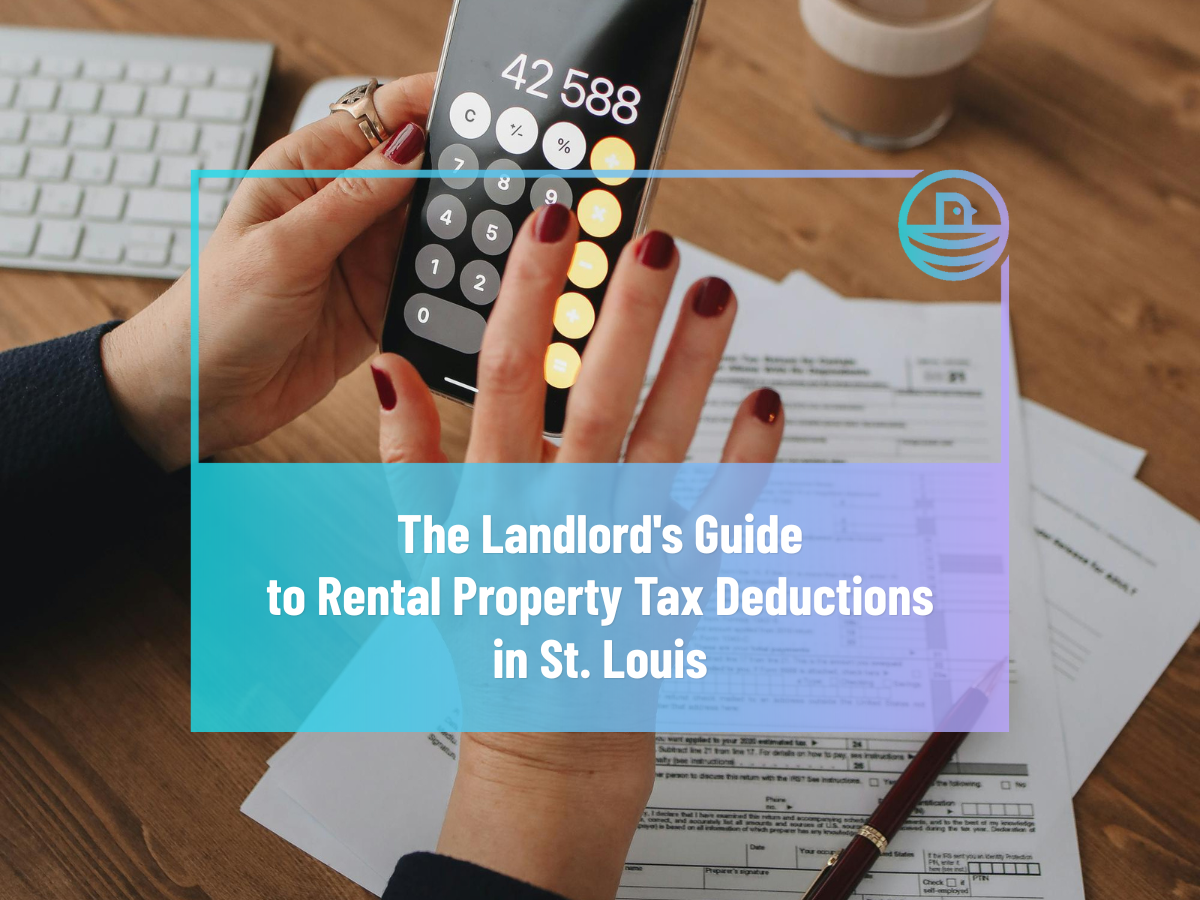Rental Property Accounting Basics for St. Louis Investors
St. Louis rental properties can be profitable but to reap the benefits, investors need to understand the fundamentals of rental property accounting. This article delves into the key aspects of managing your rental property finances.

Why is Rental Property Accounting in St. Louis Important?
Rental property accounting plays a crucial role in the success of any real estate investment. By maintaining accurate financial records, investors can significantly improve their cash flow management, which helps in making informed decisions about future investments. Understanding the financial health of a rental property allows investors to anticipate potential cash shortfalls and plan accordingly, ensuring that they cover mortgage payments, property taxes, and maintenance costs without stress.
Moreover, effective accounting practices can lead to increased income. By understanding where money is spent and identifying areas for cost reduction, investors can maximize their returns. Tax savings are another critical aspect; proper accounting allows for the accurate reporting of expenses, which can lead to substantial deductions during tax season. For instance, expenses related to property management, repairs, and depreciation can all be documented and claimed, ultimately increasing the investor's net profit.
Lowering expenses is vital for enhancing profitability. A well-structured accounting system helps identify unnecessary costs, enabling investors to streamline their operations. This could include renegotiating contracts with service providers or switching to more energy-efficient systems to reduce utility bills. Additionally, keeping a close eye on maintenance schedules can prevent costly emergency repairs, allowing for better budgeting and financial forecasting. The end goal is to maximize return on investment (ROI), and a solid accounting foundation is key to achieving this. Simplifying tax preparation is an added benefit, making it easier to compile necessary documentation when tax time arrives.
Rental property accounting also provides valuable insights into market trends and property performance. By analyzing financial data over time, investors can identify patterns that inform their strategies, such as when to increase rent or when to invest in property improvements. This analytical approach not only helps maintain competitiveness in the market but also enhances the value of the property.
Having a clear financial picture fosters transparency, which can be crucial when attracting potential investors or partners, who want to understand the financial viability of a rental property before committing their resources.
The State of Rental Property Accounting
To achieve optimal outcomes, it is essential to structure your rental property business appropriately. One of the first decisions to make is choosing the right business structure. Options like limited liability companies (LLCs) and sole proprietorships have their advantages and disadvantages, impacting liability and tax obligations.
Once the business structure is determined, investors should open dedicated financial accounts. At a minimum, having a checking account, savings account, and a credit card specifically for the investment property will help keep personal and business finances separate. This separation is crucial for accurate accounting and financial tracking.
Document storage is another important consideration. Ideally, investors should maintain both digital and physical copies of all relevant documents. This dual approach ensures that records are secure and easily accessible.
Building a support team or hiring a property management company can alleviate the burden of day-to-day operations. Companies like Evernest specialize in handling various aspects of property management, allowing investors to focus on growth rather than administrative tasks.
What to Know About Rental Income
Understanding rental income is fundamental for any property investor. Rental income refers to the revenue generated from leasing out a property. This income can come from various sources, including advance rent payments, amenity fees such as laundry, late fees, lease cancellation fees, parking fees, pet fees, and even security deposits that are withheld.
Each of these income streams contributes to the financial health of the property. For instance, amenity fees can provide an additional revenue source, while security deposits may need to be carefully managed to ensure compliance with local regulations. Being aware of all potential income sources can help investors maximize their earnings and maintain a steady cash flow.

Understanding Your Return on Investment
To gauge the success of a rental property, investors must understand their return on investment (ROI). This involves keeping detailed account books that clarify where money is allocated and how the property performs, which requires being familiar with key reports and metrics.
One essential report is the balance sheet, which summarizes the business’s assets, liabilities, and equity. This provides a snapshot of the financial health of the investment. Another important metric is the capitalization rate (cap rate), which measures a property’s potential return on investment by comparing net operating income to the property’s purchase price.
Cash flow is another vital metric that shows the movement of cash to and from the business. Investors should also calculate cash-on-cash return, which expresses annual cash flow as a percentage of the initial cash investment. This metric helps in assessing the efficiency of the investment. Additionally, net operating income (NOI) indicates the property’s profitability and its ability to cover mortgage payments.
Profit and loss statements are also essential, as they report income, expenses, and profit over a specific period. Finally, understanding ROI allows investors to measure the profitability of their investments relative to their costs, providing valuable insights into the effectiveness of their investment strategies.
Conclusion
Managing rental property accounting may seem daunting, but it is entirely possible for investors to handle it independently. However, working with professionals makes all the difference in navigating the complexities of rental property accounting.
Get started with Evernest’s St. Louis property management team today!











































